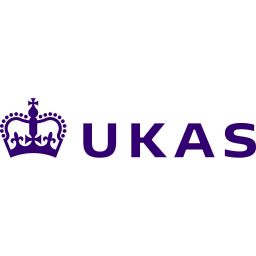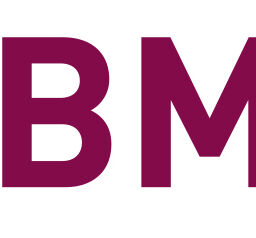
Samantha Izod explains what the CPTPP means for UK maunfacturers
On Sunday 16 July, the UK officially signed its accession to the CPTPP agreement in Auckland, New Zealand. CPTPP stands for the Comprehensive and Progressive Agreement for Trans-Pacific Partnership (CPTPP), a vast free-trade area of 12 countries spanning the Indo-Pacific: Australia, Brunei, Canada, Chile, Japan, Malaysia, Mexico, New Zealand, Peru, Singapore, Vietnam, and now, the UK.
After 21 months of negotiations, this is the UK’s biggest trade deal, in terms of number of countries, since Brexit, with the UK becoming the first European country to join the deal. Joining CPTPP will boost growth and strengthen our ties with some of the world’s most dynamic economies, with a combined GDP of £12 trillion once the UK joins, and will bring many benefits to UK businesses.
Over 99% of current UK goods exports to CPTPP members will be eligible for tariff-free trade. Joining means we will also have a free-trade agreement with Malaysia for the first time, giving businesses far more access to an economy worth £330 billion in GDP in 2022.
Modern ‘rules of origin’ could make British businesses more competitive by allowing them to trade more freely across the bloc and take advantage of new export opportunities. For example, UK automotive manufacturers could sell car engines tariff-free to a car maker in the bloc, who could then sell their cars tariff-free to any member country. This will also help exporters diversify their supply chains, making it easier for companies to buy and use raw materials from across the bloc.
The CPTPP agreement has a dedicated Technical Barriers to Trade (TBT) chapter which facilitates trade by addressing non-tariff measures including technical regulations, standards and conformity assessment procedures. The chapter facilitates greater transparency and information-sharing among CPTPP members by helping ensure that members are better informed about the development of each other’s product regulations and conformity assessment requirements. It also encourages communication between member countries once these measures are in place.
Approximately £10 billion in UK exports to CPTPP members were affected by conformity assessment procedures in 2021. The TBT chapter in CPTPP requires CPTPP members to treat conformity assessment bodies (CABs) located in other member countries no less favourably than their own domestic CABs. This allows CABs to apply for approval and accreditation across CPTPP member countries, potentially saving both time and money for UK manufacturers, who can get their products conformity assessed in the UK prior to export to a CPTPP country, rather than doing so overseas.
Our leading services industries will also benefit from reduced red tape and greater access to growing Pacific markets with an appetite for high-quality UK products and services. CPTPP sets modern rules governing digital, financial and professional and business services trade, tackling barriers facing UK firms that can stop or hinder them from selling their services into CPTPP markets, and makes it easier for highly skilled business people to travel to supply services or establish investments in CPTPP markets.
In addition to the immediate benefits of the deal, membership of the CPTPP also gives the UK a gateway into the wider Indo-Pacific region, which has 60% of the world’s population and is set to account for the majority (54%) of global economic growth and around half of the world’s billion middle-class consumers in the decades ahead. CPTPP was also created to grow and, as a member, the UK will help shape its development and rules governing modern trading practices. Whilst the UK was the first country to submit an application to join, there are many economies that have expressed interest in joining, such as Ecuador, Uruguay, Costa Rica, Thailand and South Korea. As more economies join the bloc, UK businesses will benefit from greater access to new markets on preferential trading terms.
Following this official signing moment, the CPTPP agreement will still need to enter into force for the UK, which will happen once both the UK and CPTPP Parties have finished their legislative processes. We expect this to happen in the second half of 2024. Once it enters into force, UK businesses will be able to trade with CPTPP members on preferential terms, using either CPTPP or any bilateral agreement, and the Government will support British businesses in seizing the opportunities created by our membership of the agreement.
If you’d like to find out more information about CPTPP, please visit the official document on GOV UK or contact Samantha.Izod@trade.gov.uk










